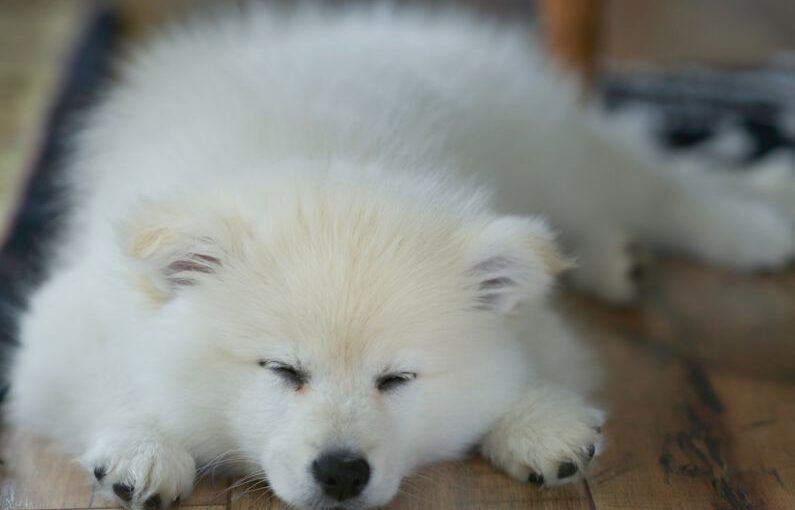Puppies are bundles of energy and curiosity, constantly exploring the world around them. As they grow and develop, play becomes a crucial aspect of their learning and socialization. Play is not just a form of entertainment for puppies; it plays a significant role in their physical, cognitive, and emotional development. Understanding the importance of play in puppy development can help owners provide a nurturing environment that supports their furry companion’s growth and well-being.
**Physical Development**
One of the primary benefits of play in puppy development is its impact on physical growth and coordination. Playful activities such as running, jumping, and wrestling help puppies build muscle strength, improve agility, and develop coordination. Play also contributes to the development of motor skills and balance, essential for a puppy’s overall physical well-being. Through play, puppies learn to control their movements, refine their reflexes, and enhance their physical capabilities. Engaging in various forms of play from a young age sets the foundation for a healthy and active lifestyle as they mature.
**Cognitive Development**
Play serves as a vital tool for cognitive development in puppies. When engaging in play, puppies are constantly using their brains to problem-solve, make decisions, and learn new skills. Interactive games and puzzle toys challenge their cognitive abilities, encouraging them to think creatively and adapt to different situations. Play also stimulates their curiosity and encourages exploration, helping them learn about their environment and understand cause and effect relationships. Through play, puppies develop cognitive skills such as memory, spatial awareness, and decision-making, which are crucial for their overall mental development.
**Social Development**
Play is essential for fostering social skills and promoting healthy interactions with other dogs and humans. Puppies learn valuable social cues, such as how to communicate, establish boundaries, and engage in cooperative behavior through play. Playful interactions with littermates or other dogs teach them important lessons in social hierarchy, conflict resolution, and empathy. Playing with humans helps puppies build trust, strengthen the bond with their owners, and learn to interpret human emotions and gestures. Social play also provides opportunities for puppies to practice sharing, taking turns, and understanding non-verbal communication, all of which are essential for developing positive social relationships.
**Emotional Development**
Play has a profound impact on the emotional well-being of puppies. Engaging in play activities releases endorphins, the feel-good hormones that promote happiness and reduce stress. Playful interactions with owners or other dogs help puppies build confidence, reduce anxiety, and alleviate boredom. Play also serves as a form of emotional expression, allowing puppies to release pent-up energy and frustration in a positive and constructive manner. Through play, puppies learn to regulate their emotions, cope with different situations, and develop resilience in the face of challenges. Providing ample opportunities for play helps puppies build a strong emotional foundation, leading to a well-adjusted and emotionally balanced adult dog.
**Supporting Your Puppy’s Development**
As a responsible pet owner, it is essential to prioritize play in your puppy’s daily routine to support their overall development. Ensure that your puppy has access to a variety of toys, games, and interactive activities that cater to their physical, cognitive, and social needs. Engage in play sessions that are age-appropriate, safe, and stimulating to help your puppy thrive and grow. Remember that play is not just a form of entertainment; it is a fundamental aspect of your puppy’s development that shapes their behavior, skills, and well-being. By recognizing the role of play in puppy development and actively incorporating it into your daily interactions, you can provide your furry companion with the best possible start in life.





